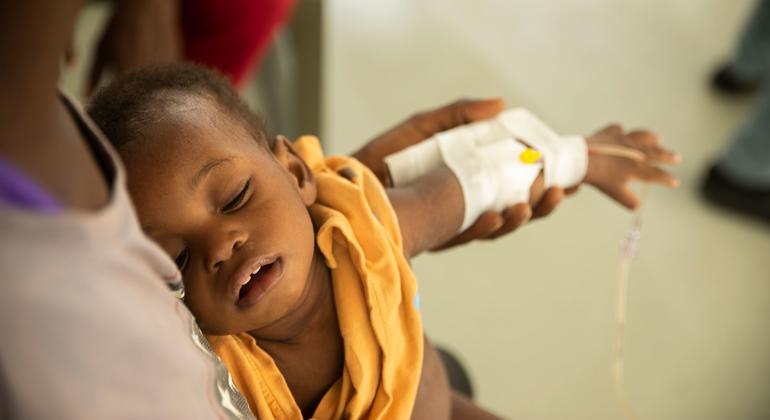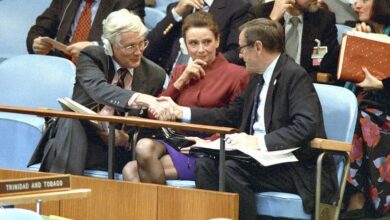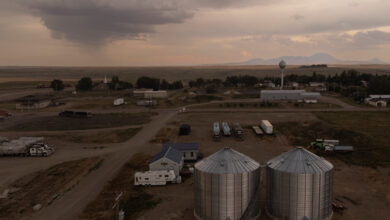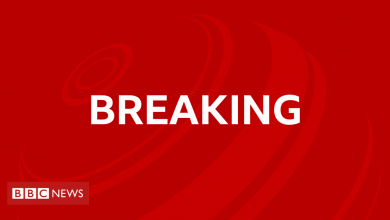UNICEF seeks $27.5 million to accelerate cholera response in Haiti

The outbreak began two months ago and is happening amid an economic crisis and growing insecurity due to gang violence.
90% of confirmed cases have been in areas with a high burden of severe acute malnutrition.
A ‘triple threat’
Children with this condition, also known as severely debilitated, are susceptible to cholera and at least three times the risk of death from it.
“In Haiti today, there are three threats to children’s lives –malnutrition, cholera and armed violence. And sometimes all three together,” speak Manuel Fontaine, Director UNICEFof the Office of Emergency Programs, who concluded a four-day visit to the country.
Mr. Fontaine has witnessed how malnourished children are receiving life-saving care at UNICEF-supported cholera facilities in the capital Port-au-Prince and the Cité Soleil neighborhood there.
“I was shocked to see many children are at risk of death in cholera treatment centers. In just a few hours, acute diarrhea and vomiting dehydrate the body and weaken it to the point of death if not treated promptly and adequately. “Cholera and malnutrition are a deadly combination, one leading to the other,” he said.
The senior official also visited a center that provides medical, psychological and psychosocial care to survivors of gender-based violence.

Manuel Fontaine, Director of UNICEF’s Office of Emergency Programs, visits the UNICEF-supported GHESKIO health center in Port-au-Prince, Haiti.
Breaking the ‘vicious cycle’
As of Monday, there were 924 confirmed cases of cholera in Haiti, more than 10,600 suspected cases and 188 deaths, according to the Health Ministry.
Mr. Fontaine is adamant that the “vicious cycle” between malnutrition and cholera can be broken.
“Simple, affordable and effective treatment could save Haitian children’s livesas long as we reach the most vulnerable families before it’s too late,” he said.
“However, the poor urban areas most affected by cholera are also under the control of heavily armed gangs. Amid widespread armed violence and insecurity in large areas of the capital, humanitarian teams are walking on eggshells.”
Nutrition testing and support
UNICEF is seeking funding to strengthen the cholera response over the next five months.
$27.5 million will be used to provide humanitarian assistance in the areas of health, water, sanitation and hygiene, as well as nutrition and protection to 1.4 million people
Since July, the UN agency and its partners have been screening and assessing the nutritional status of nearly 6,200 animals in Cité Soleil, the largest poor urban area in the capital.
Overall, approximately 2,500 children under 5 years of age with severe and moderate acute malnutrition received quality treatment.
UNICEF, in collaboration with national authorities and partners, delivered items to health departments, such as 245 cholera kits, 313,000 sachets of rehydration salts, zinc, antibiotics and equipment personal protection (PPE).
Other support includes providing 135,000 water purification tablets to a partner hospital in Cité Soleil.
In addition, more than 468,000 liters of water were distributed to 22,290 people currently living or displaced from the vicinity.




